Environment
-

This publication provides a clear and balanced comparison of plant-based and animal-based proteins in our food. It looks at the nutritional value, environmental impact, and health effects of each type of protein. The goal is to help readers understand more about these protein sources without saying whether one is better than another—in other words, to inform and educate, giving everyone the knowledge to learn about different dietary options.
Hualu Zhou and Anthony Stevanus Suryamiharja
|
-
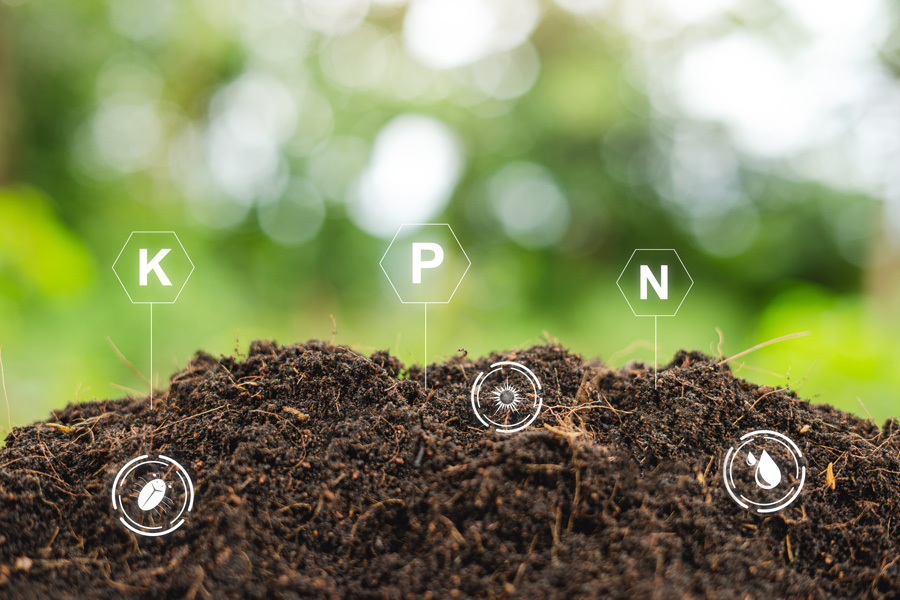
Proper use of treated industrial wastes contributes to the circular economy and reduces wastes that would have been disposed of in landfills or by incineration. This publication clarifies Georgia’s legal definition of “soil amendments” and highlights current policies governing the application of processed wastes on farm lands in Georgia. Compliance with these regulations maintains a quality environment in Georgia and ensures the long-term sustainability of manufacturing and food processing industries.
Henry Y. Sintim
|
-

The juniper scale is a sporadic pest of juniper, cypress, and cedar trees in nurseries and landscapes in Georgia. It is an armored scale, where the wax cover is not a part of its body but can actually be separated from the body. Juniper scale feeds on plant fluid, and heavy infestations can reduce plant vigor, causing needle drop and twig color change from green to brown. Find out how to identify and manage this pest.
William G. Hudson and Shimat V. Joseph
|
-
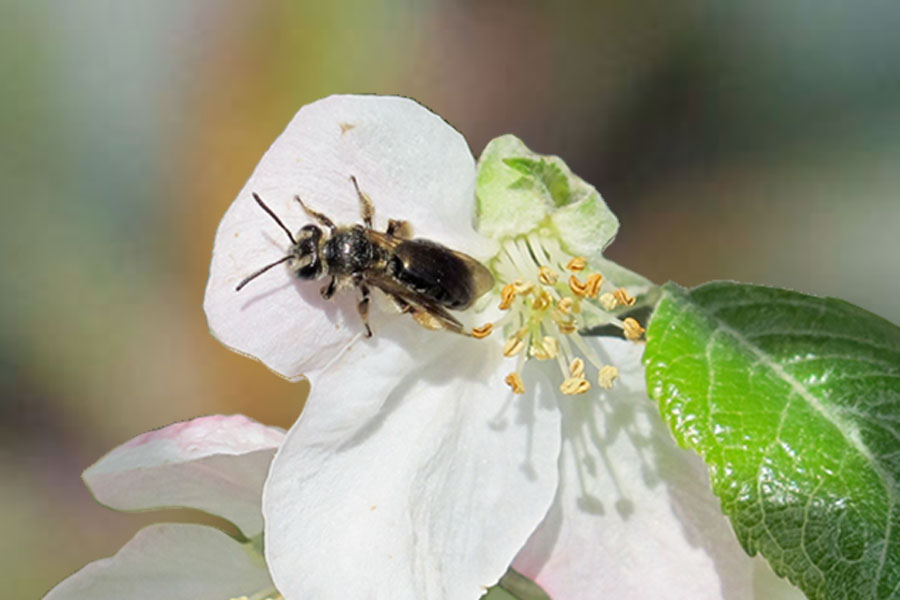
Wild bees are effective pollinators of crops and native flowers, shrubs, and trees. They are
naturally present and can supplement honey bees in apple pollination. Boosting their numbers
by habitat development and conservation can be of considerable commercial and ecological
value to producers and consumers. This guide is intended to highlight most common wild bees
in North Georgia apple orchards.Bodie V. Pennisi and Brett R Blaauw
|
-
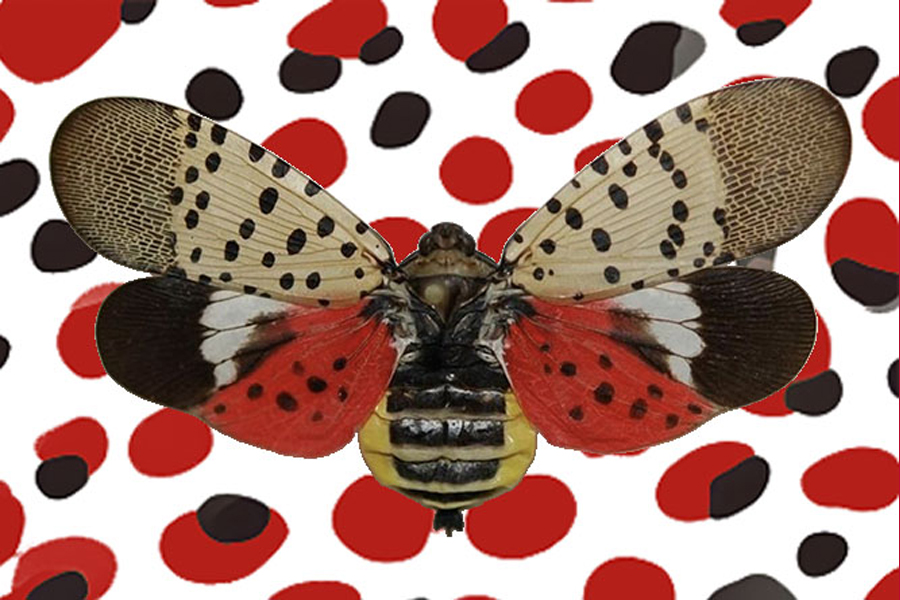
The spotted lanternfly is an invasive planthopper that can feed on a wide range of trees in the United States. The potential economic and environmental impact of spotted lanternflies is alarming, and threatens not only the livelihoods of many but also the biodiversity and beauty of our landscapes.
William G. Hudson and Shimat V. Joseph
|
-
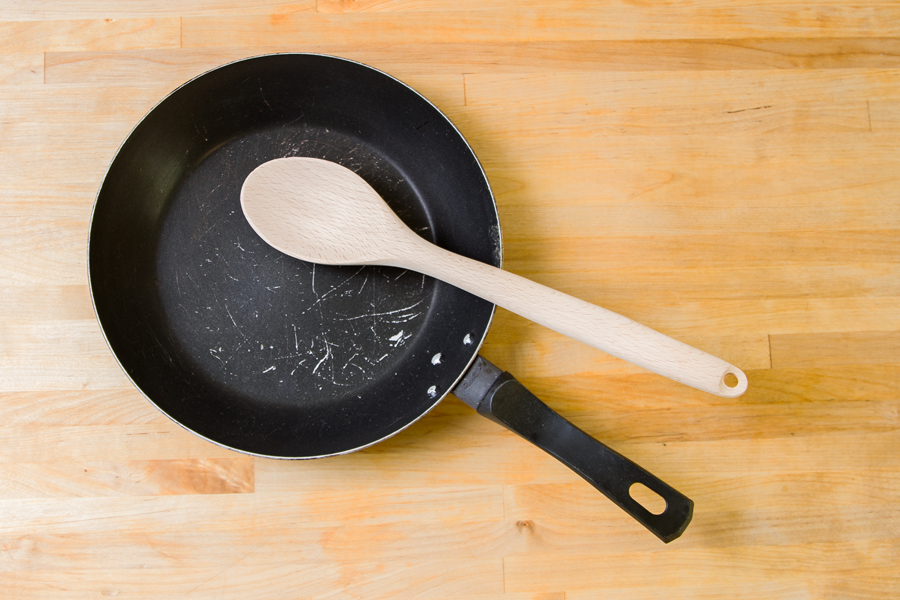
Perfluoroalkyl and polyfluoroalkyl substances (PFAS) are a group of more than 9,000 manmade chemicals that have been in use worldwide since 1940, primarily in industry and numerous commercial and consumer products. The widespread use of PFAS for the past several decades has raised concerns due to their persistence, bioaccumulative nature, and potential adverse health effects. This publication provides information about the background, uses, and environmental and human health consequences of PFAS chemicals, as well as the EPA’s primary drinking water regulation standards and water treatment systems for removal/reduction of these chemicals from drinking water. Testing options and PFAS monitoring efforts by the Georgia EPD are included along with references for further reading.
Gary L. Hawkins, Pamela R. Turner, and Uttam K. Saha
|
-

Communities across Georgia are subject to a number of potential disasters such as fires, flooding, severe storms, earthquakes, dam failures, tornados and hurricanes. While we all hope that such occurrences never happen, it has been shown time and again that being prepared for disasters is prudent. This handbook contains a step-by-step guide to disaster planning along with other essential information you will need in building a comprehensive home emergency preparedness plan. Be sure to involve all the members of your household when developing your plan. A plan will only work when everyone knows about it and agrees to operate within its guidelines.
Pamela R. Turner
|
-
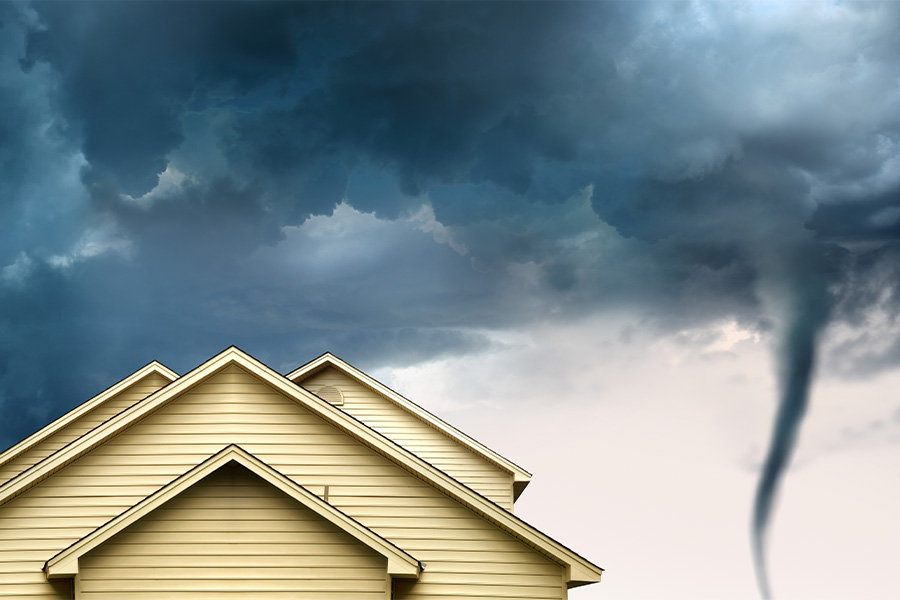
This is a basic list of supplies you should have ready for emergencies. Keep the items you will most likely need during an evacuation in an easy-to-carry, waterproof container. Be mindful that this is a basic list of supplies. A more comprehensive list can be found in the Home Emergency Management Guide.
Pamela R. Turner
|
-

AP 133-1
Hurricane Helene Impact Report
We estimate that Hurricane Helene’s damages to Georgia agriculture and forestry will cost the state economy at least $5.5 billion in 2024 present value. This figure represents the sum of direct crop losses, losses to firms that support agriculture and forestry, losses to workers in those and related industries, and the recovery and restoration costs that firms in these industries will face. The Georgia Forestry Commission is a collaborator with UGA on this publication.
Timothy Coolong, J.Michael Moore, Jake Price, Lenny Wells, Casey W. Ritz, Wade B. Parker, Jillian Bohlen, Lawton Stewart, Greg Colson, Walter Scott Monfort, Todd Applegate, Mary Sutton, Michael Adjemian, Camp Hand, Ted McAvoy, Zilfina Rubio Ames, and Ping Yu
|